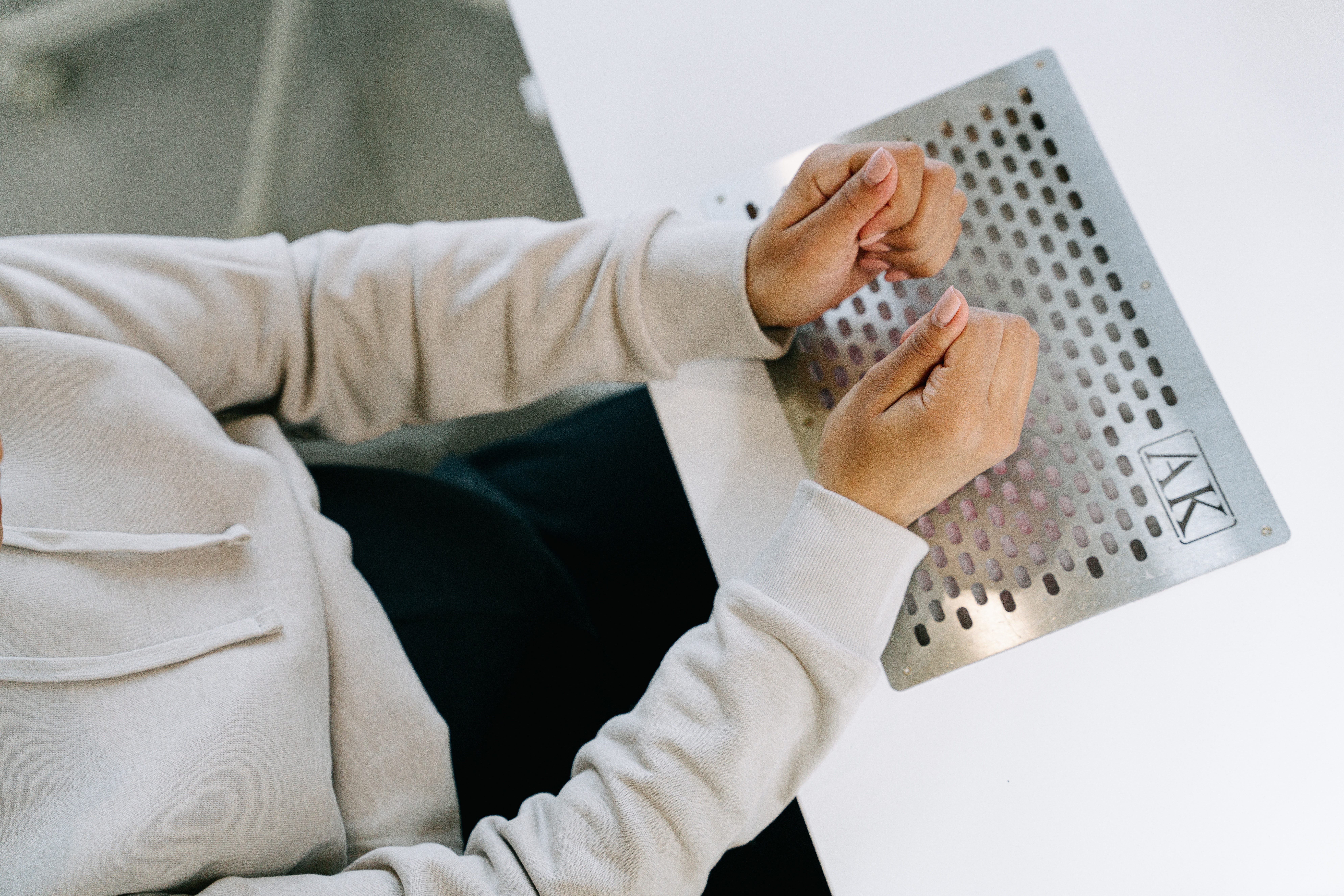Life in the modern world can be incredibly fast-paced and demanding, leaving little time for individuals to focus on their own well-being. However, self-care is essential for maintaining physical, mental, and emotional health, and finding ways to prioritize it amidst a busy schedule is crucial. In this guide, we’ll explore actionable steps and strategies for practicing effective self-care, even in the midst of a hectic lifestyle.
Table of Contents
- Introduction
- Understanding Self-Care
- The Importance of Self-Care in a Busy World
- Identifying Your Self-Care Needs
- Creating a Self-Care Routine
- Determining Your Priorities
- Setting Realistic Goals
- Allocating Time Effectively
- Incorporating Self-Care into Daily Activities
- Mindful Morning Routines
- Micro-Moments of Relaxation
- Mindful Eating Habits
- Physical Self-Care Practices
- Regular Exercise and Movement
- Prioritizing Sleep
- Hydration and Nutrition
- Emotional and Mental Self-Care
- Practicing Gratitude
- Journaling for Stress Relief
- Mindfulness and Meditation
- Social Connections and Self-Care
- Nurturing Relationships
- Setting Boundaries
- Digital Detox: Unplugging for Self-Care
- Limiting Screen Time
- Engaging in Offline Activities
- Exploring Hobbies and Passions
- Rediscovering Joy
- Creative Outlets for Relaxation
- Self-Care on the Go: Tips for Busy Individuals
- Breathing Exercises
- Positive Affirmations
- Quick Stress Relief Techniques
- Overcoming Barriers to Self-Care
- Guilt and Prioritization
- Overcoming Perfectionism
- Measuring Progress and Adjusting Your Approach
- Tracking Self-Care Activities
- Adapting to Changing Circumstances
- Conclusion
Understanding Self-Care
Self-care involves taking deliberate actions to promote your well-being across physical, mental, and emotional dimensions. It’s not selfish; rather, it’s a necessary practice that empowers you to show up fully in all areas of your life. In today’s fast-paced world, neglecting self-care can lead to burnout, decreased productivity, and a decline in overall quality of life.
The Importance of Self-Care in a Busy World
In a society that glorifies busyness, self-care often takes a backseat. However, failing to prioritize self-care can lead to negative consequences for both your health and your ability to meet daily challenges. By incorporating self-care into your routine, you’ll enhance your resilience, reduce stress, and cultivate a greater sense of balance.
Identifying Your Self-Care Needs
Understanding your unique self-care needs is the first step towards building an effective self-care routine. Take time to assess which activities and practices bring you joy, relaxation, and rejuvenation. Whether it’s spending time in nature, reading a book, or practicing yoga, knowing what fuels your well-being is essential.
Creating a Self-Care Routine
Designing a sustainable self-care routine requires careful consideration and planning. Begin by determining your priorities and setting achievable goals. Allocate time for self-care activities by integrating them into your daily schedule. By committing to this routine, you’re making a commitment to your own well-being.
Incorporating Self-Care into Daily Activities
Infusing self-care into your daily routine doesn’t have to be complicated. Simple practices like mindful morning routines, finding micro-moments of relaxation throughout the day, and paying attention to your eating habits can make a significant difference in your overall well-being.
Physical Self-Care Practices
Physical self-care forms the foundation of your overall well-being. Engaging in regular exercise, prioritizing sleep, and nourishing your body through proper hydration and nutrition contribute to your vitality and energy levels.
Emotional and Mental Self-Care
Nurturing your emotional and mental health is equally important. Practicing gratitude, journaling to alleviate stress, and embracing mindfulness and meditation techniques can help you manage emotions and cultivate a positive outlook.
Social Connections and Self-Care
Human connections play a pivotal role in self-care. Building and maintaining relationships while setting healthy boundaries ensure that you have a support system to lean on during challenging times.
Digital Detox: Unplugging for Self-Care
In today’s digital age, taking breaks from screens is essential. Limiting screen time and engaging in offline activities can reduce stress, improve sleep quality, and foster a greater connection to the present moment.
Exploring Hobbies and Passions
Discovering and nurturing your hobbies and passions offers a refreshing break from daily routines. Engaging in creative activities and pursuing joyful interests can rejuvenate your spirit and enhance your overall well-being.
Self-Care on the Go: Tips for Busy Individuals
Even with a busy schedule, there are ways to practice self-care on the go. Quick breathing exercises, positive affirmations, and stress-relief techniques can be easily incorporated into your day.
Overcoming Barriers to Self-Care
Addressing common barriers like guilt and perfectionism is crucial. Recognize that self-care is a necessity, not a luxury, and learn to prioritize your well-being without feeling guilty.
Measuring Progress and Adjusting Your Approach
Regularly track your self-care activities to gauge their impact. Be open to adjusting your approach as circumstances change, ensuring that your self-care routine remains effective and enjoyable.
Conclusion
In a world that often demands constant action, self-care provides the much-needed pause to rejuvenate and nourish your body, mind, and soul. By implementing the strategies outlined in this guide, you can navigate the demands of a busy world while maintaining your well-being.
Frequently Asked Questions
- Is self-care selfish? Self-care is not selfish; it’s a necessary practice for maintaining overall well-being. By taking care of yourself, you become better equipped to care for others and fulfill your responsibilities.
- How can I find time for self-care in a busy schedule? Prioritize self-care by scheduling it into your routine, even if it’s just for a few minutes each day. Small acts of self-care can have a big impact over time.
- What if I feel guilty about taking time for myself? Guilt is a common barrier to self-care. Remember that you deserve to prioritize your well-being, and taking care of yourself ultimately benefits everyone around you.
- Can self-care help with stress and anxiety? Absolutely. Engaging in self-care activities like mindfulness, exercise, and spending time with loved ones can significantly reduce stress and anxiety levels.
- What if my self-care needs change over time? It’s natural for your self-care needs to evolve. Stay attuned to your changing preferences and adjust your self-care routine accordingly.




